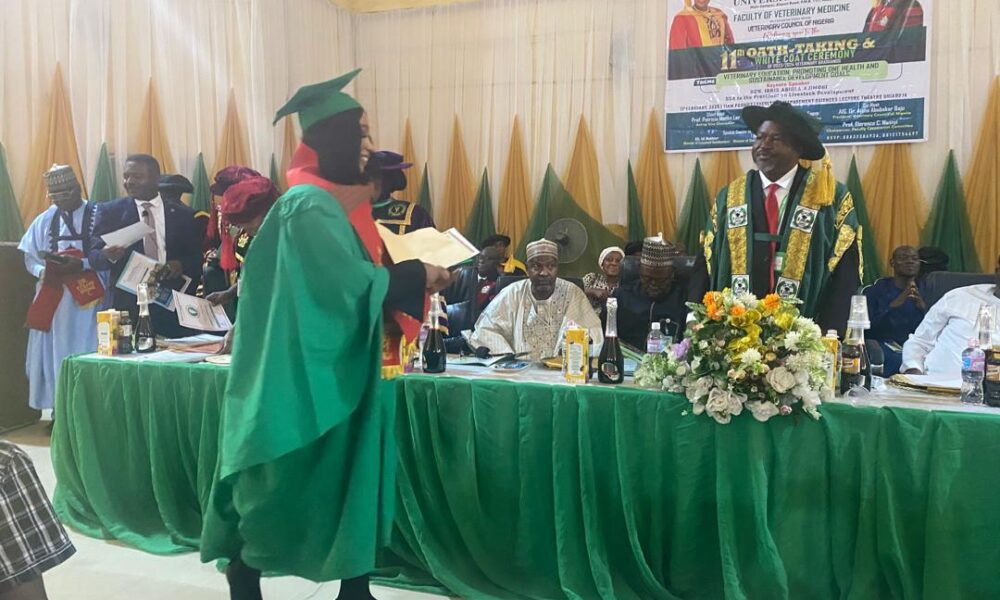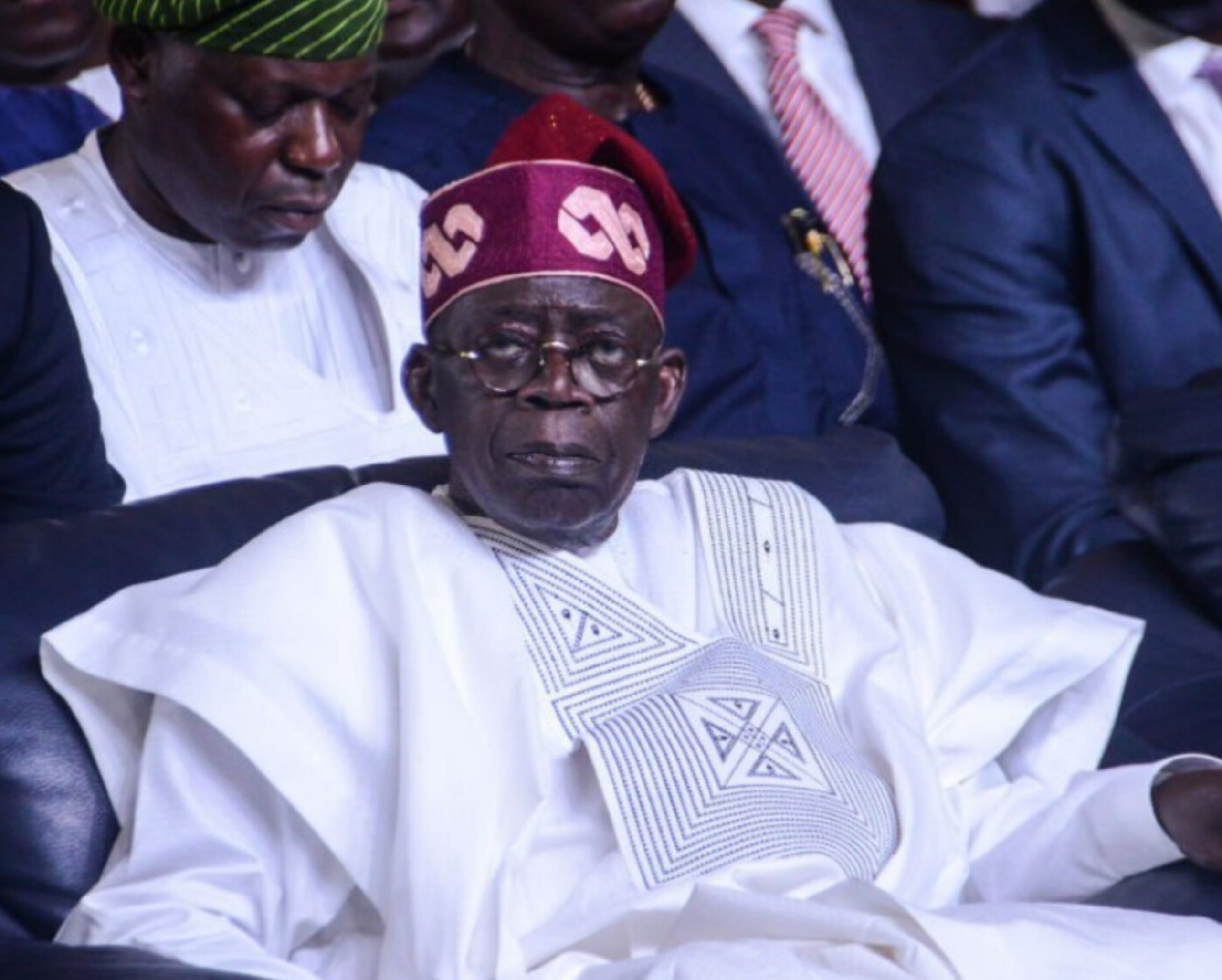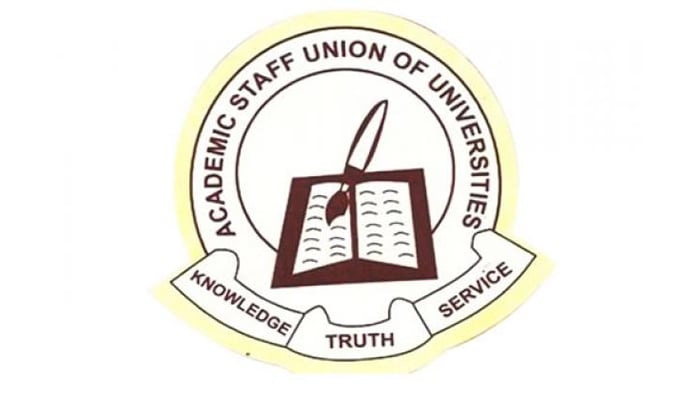***As VCN embraces digital technology to enhance professionalism, combat quackery
The Senior Special Assistant to the President on Livestock Development, Hon. Idris Abiola Ajimobi has delivered a powerful address that underscored the pivotal role of veterinary medicine in national Development.
The event was the 11th oath – taking and White coat Ceremony on promoting One Health and Sustainable Development Goals.
He declared that veterinarians are not only animal doctors but essential architects of Nigeria’s public health, food security, and environmental sustainability.
Delivering the keynote speech at the 11th Oath-Taking and White Coat Ceremony of the Faculty of Veterinary Medicine, University of Abuja, through Professor Demo Kalla Ajimobi’s remarks struck a chord as he tied the profession directly to Nigeria’s Sustainable Development Goals (SDGs) and broader socio-economic reforms.
“The health of our people is directly tied to the health of our livestock, wildlife, and the ecosystems we share,” Ajimobi stated, emphasizing that veterinarians play a pivotal role in eradicating poverty, ensuring food security, and combating climate change.
The ceremony marked the induction of 62 new veterinary graduates and the transition of 500- and 600-level students into their clinical years. But beyond the symbolic donning of white coats, Ajimobi’s message highlighted the profession’s strategic importance in Nigeria’s future.
Ajimobi made a compelling case for veterinarians as frontline defenders of public health and key stakeholders in achieving several SDGs, including, SDG 2 (Zero Hunger) through safe and sustainable livestock practices.
He listed others to include SDG 3 (Good Health and Well-being) for Preventing zoonotic diseases and ensuring food safety, SDG 12 (Responsible Consumption and Production) which Advocates the prudent use of antimicrobials and SDG 15 (Life on Land) for Protection of biodiversity and promoting sustainable animal production.
In a significant policy statement, Ajimobi reiterated the Tinubu administration’s commitment to strengthening the livestock sector and the veterinary profession.
“Without strong veterinary professionals, our agricultural reforms will remain incomplete,” he asserted, highlighting upcoming policy interventions and the creation of an enabling environment for professionals and investors alike.
This focus according to him, aligns with Nigeria’s ambition to become a leader in sustainable agriculture and biosecurity, positioning veterinarians as indispensable contributors to national growth.
Ajimobi’s admonished the new graduates to embrace the future with innovation, collaboration, and resilience.
He urged them to stay at the forefront of scientific advancements while maintaining the soft skills and character traits that define the veterinary profession—compassion, empathy, integrity, and resilience.
“You are stepping into a profession that has the power to transform lives, communities, and nations,” he said, encouraging them to pursue careers not only in clinical practice but also in research, policy development, and agribusiness.
The SSA stressed on the positive reforms of Mr President Bola Ahmed Tinubu, for strengthening the livestock industry and unleash its potentials for shared prosperity and job creation.
The lecture also advise the newly inducted veterinarians to be part of renewed hope agenda for the co creation of a vibrant livestock industry that is safe, environmentally freindly and globally competitive and meeting self sufficiency in animal sourced foods.
In what she called one of her final official duties as President of the Veterinary Council of Nigeria (VCN), AIG Aishatu Abubakar Baju, addressed the graduates with a mixture of pride and challenge. “You are stepping into the profession at a pivotal time in Nigeria’s history,” she said, emphasizing the critical role veterinarians will play in the country’s newly launched National Livestock Reforms.
She pointed out that under President Bola Ahmed Tinubu’s administration, the government has launched a Renewed Hope Agenda focused on overhauling the livestock sector.
The creation of a Ministry of Livestock Development and a Presidential Committee for Renewed Hope Livestock Reforms, on which Dr. Baju serves, signals a new era of support for animal health professionals.
She admonished the new inductees to contribute to improving livestock productivity, tackling zoonotic diseases, and modernizing veterinary service delivery across Nigeria.
But perhaps the most striking takeaway from the ceremony was how the veterinary profession itself is evolving.
Under Dr. Baju’s leadership, the VCN has embraced digital technology to enhance professionalism, fight quackery, and streamline practice management. Innovations include Digital Veterinary Practice Licenses, now fully online, The introduction of a Veterinary Seal to verify official documents, A comprehensive Veterinary App connecting practitioners with resources and Geomapping of Veterinary Premises for improved oversight and regulation
These advances she observed are not just cosmetic; they’ve positioned Nigeria as a leader in veterinary regulation across Africa.
“The World Organisation for Animal Health (WOAH) and the FAO have both adopted the VCN’s digitization model as a template for other African countries.
The ceremony also underscored efforts to address youth unemployment within the profession as Dr. Baju revealed that the VCN is forging partnerships with countries across Africa and the UK to allow Nigerian veterinarians to work abroad without additional certification exams.
She also indicated that there are domestic collaborations with both public and private sectors aim to expand veterinary job opportunities in Nigeria, particularly in underserved rural areas.
“Veterinary Medicine is more than a career—it’s a calling,” Dr. Baju reminded the new graduates. “You are now the guardians of animal health, public health, and food security in Nigeria.”
The Dean of the Faculty, Prof. Enem Simon Ikechukwu, welcomed guests with a heartfelt speech, describing the event as “an epoch-making occasion that blends pride, joy, and gratitude.”
He praised the graduates for their perseverance through rigorous academic training
“Being a veterinarian is more than a profession; it is a calling,” Prof. Ikechukwu remarked, urging the new doctors to embrace innovation and uphold the highest ethical standards.
“Through this oath-taking ceremony, we are not sending you off but sending you forth—to conquer challenges and bring victories home.”
The event, attended by key dignitaries, including Acting Vice Chancellor Prof. Patricia Lar and Dean of the Faculty Prof. Simon Enem, marked a pivotal moment for veterinary education in Nigeria.
The administration of the Veterinary Oath by the Veterinary Council of Nigeria (VCN) officially inducted the graduates into the profession, solidifying their role in the country’s health and development sectors.

As the ceremony concluded, the message resonated: veterinarians are no longer just animal doctors—they are crucial agents of national transformation.




